|
UU Press One-man publisher, helping inner development
2017.11.01
Of South Korea's publishers, 76.1 percent are one-person businesses. And among these, there has been one that has stood out in particular -- UU Press, established in 2012. UU Press, which has a joyful ring to its name, has gained popularity among South Korean readers gradually and is now firmly positioned within the sector thanks to its unique style. It may be an unfamiliar name to offshore readers, but it is a publisher attracting interest from readers in South Korea who love to read.
KPIPA It's an honor for us to speak with UU Press, currently called the leader of South Korea's one-person publishers. Could you introduce your business to our readers?
Cho UU Press is a small publisher that publishes humanities related books. We strive to create publications one by one that can help readers firm up their inner mentalities at a time when everyone feels like they are in hardship and facing difficulties. From 2012, we've published some 70 books. In terms of the physical aspect of our books, some defining characteristics of our books are that they are small, light and portable.
Our name "UU" comes from the four-word idiom "yoo-yoo-ja-jeok" which can translate into "live free from worldly cares". Personally, I have much interest in China and I partially came upon the name of the company while researching old Chinese classics. I was in search of a name easy to pronounce while not foreign to listeners and the name fit my needs well.
KPIPA We are curious as to how you founded the company.
Cho I worked for some 10 years as a publisher making books. I didn't start off in this industry and have tried other things, but eventually discovered I love doing this best and I enjoy it, too. I've also worked at large publishers, but ended up founding this one-person publishing company to steadily and continuously create books.
KPIPA Looking at your catalog, we notice there are many books on liberal arts that anyone can read easily. Do you have a particular standard for books you publish?
Cho The range of liberal arts books is far and wide. Of these, I have selected three themes I believe I know well and want to master. These would be 'study', 'classics' and 'China'.
I think 'classics' are something every publisher needs to tackle. They are required to do so and that's why I included this in the three themes. Lastly, 'China' is something I personally truly enjoy. I majored in Chinese language during university and am always mulling over ways to introduce themes from China to my readers. It might be combining 'study' with 'China'. In the case of The Cat's Library published in 2015 written by Xiaoyuan Jiang, I tried to make the book so it would gain favor from readers who truly love books, rather than stress just China. We also have a series on Asian classics and are planning to continue publishing books in that series.
KPIPA Isn't selecting authors important when it comes to meeting your standards?
Cho I am in constant search of authors. My best sources are books, and I tend to look closely at books published by other companies that are in relation with my three themes. When I spot an author who has really good writing, I make a separate note of that person. When I have a specific item I want to create a book on, I sometimes find someone who shares my interest in that item or theme. Recently I befriended someone on social media whom I find interesting and plan books on what they're interested in or what they're thinking about.
KPIPA Your books' cover designs and their small size overall is striking. It's where UU Press' unique characteristics stand out the most. Does this have anything to do with the company's philosophy?
Cho This is mainly thanks to my personal taste and our designer's. We decided to create handy, small books because I have many memories where my wrists or shoulders would start to ache from carrying around books all the time to read. And so after thinking of an economic format where we can also retain all the text we need, we came with our current book form. When possible, we try to use reused paper and this is also based on our wishes to create light books for those who enjoy reading all the time. Rather than aiming for people who usually don't read, I wanted to create books for people who already read extensively and I feel that has been reflected in the books' physical form.
KPIPA Do you have plans for book exports in the future? If you have a book you'd like to introduce to our readers, please tell us.
Cho If you're a publisher, I think exporting books is something you would want to do. But in order to do this, the books should be acceptable broadly and be able to garner interest among offshore readers.
I can think of three books. First would be Won-seok Lee's the way to write a book review, which systematically tells readers what book reviews are and how to write them. So-young Kim's how to read children's books is a book that shows how to select children's books and how to read diverse books for children, like picture books, fairy tales, poetry, history books, science books, art books and books on society. Lastly, how to eat books by Yi-kyung Kim shows readers how to read books with specific examples to help them learn good, effective reading techniques. I believe these three books have good content that would be appreciated by foreign readers.
Written by Myung-im Nam
|
Pre Megazine
-

Review of Seoul International Book Fair 2017
VOL.1
2017.06 -

Visiting Book Fair Thailand 2017
VOL.1
2017.06 -

Translated and Published in Taiwan, Meet Chin-Myong Kim's THAAD
VOL.1
2017.06 -

Independent Publishing
VOL.2
2017.07 -

A Korean Publisher Growing With the World
VOL.2
2017.07 -

Gilbut Children
VOL.2
2017.07 -

Character Licensing Fair 2017
VOL.2
2017.07 -

The Online and Digital Marketing of South Korea's Publishing Industry
VOL.3
2017.08 -

Golden Bough
VOL.3
2017.08 -

Black Forest
VOL.3
2017.08 -

2017 Korea Book Fair in Vietnam
VOL.3
2017.08 -

Ji-hyeon Lee's Pool
VOL.3
2017.08 -

Characteristics of South Korean Web Novel Platforms and Ventures Overseas
VOL.4
2017.09 -

Publishing Educational Materials for 40 Years “Darakwon”
VOL.4
2017.09 -

Leading the Popularization of Art “Art Books”
VOL.4
2017.09 -

South Korea to Participate in 2017 International Istanbul Book Fair as Guest of Honor
VOL.4
2017.09 -

Haemin Sunim's The Things You Can See Only When You Slow Down
VOL.4
2017.09 -

The Present and Future of South Korea's "Screensellers"
VOL.5
2017.10 -

Humanist Books
VOL.5
2017.10 -

Dolbegae
VOL.5
2017.10 -

The 2017 Guadalajara International Book Fair
VOL.5
2017.10 -

Interview with You-jeong Jeong
VOL.5
2017.10 -

South Korea's Translated Literature Awards, Where Are They Now?
VOL.6
2017.11 -

UU Press
VOL.6
2017.11 -

Risu·Reading Cat Publishing Company
VOL.6
2017.11 -

Asian Publishers Fellowship Program in Seoul 2017
VOL.6
2017.11 -

Interview with author Soon-won Lee
VOL.6
2017.11 -

10 Keywords: South Korea's publishing industry in 2017 at a glance
VOL.7
2017.12 -

"NexusBOOKS"
VOL.7
2017.12 -

"SangSang Publications"
VOL.7
2017.12 -

2017 Bookstore Day
VOL.7
2017.12 -

Interview with Mi-kyoung Song
VOL.7
2017.12 -

Trends and news in South Korea's book design
VOL.8
2018.01 -

Agencies talk actual copyright export cases
VOL.8
2018.01 -

Daewon CI
VOL.8
2018.01 -

K-Books Blossoming in Central America
VOL.8
2018.01 -

Interview with author Jung-hyuk Kim
VOL.8
2018.01 -

Book Factory Dubulu
VOL.9
2018.05 -

Yaong Seoga
VOL.9
2018.05 -

Where Books and People Become Closer
VOL.9
2018.05 -

Interview with author Kim Tak-hwan
VOL.9
2018.05 -

Book Ecosystem Vision Forum - the 3rd
VOL.10
2018.06 -

The Birth of Publishing Company ‘BookGoodCome’
VOL.10
2018.06 -

Diverse Ways to Love Books
VOL.10
2018.06 -

Ha Seong-Ran, An Author Ready to Talk
VOL.11
2018.07 -

2018 Seoul International Book Fair ‘New Definition’
VOL.11
2018.07 -

GOZKNOCK ENT
VOL.11
2018.07 -

South Korea’s Literary Awards
VOL.11
2018.07


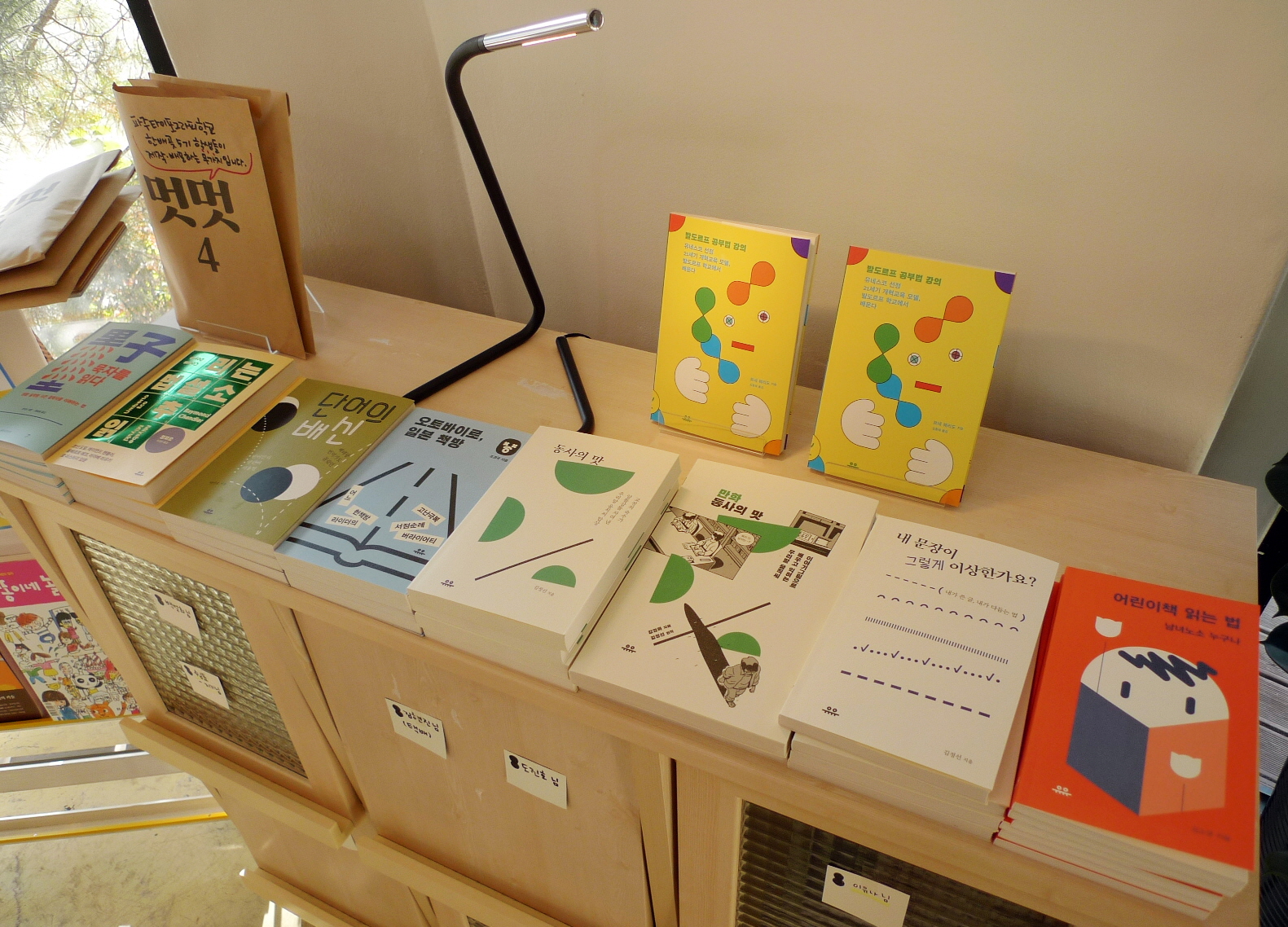
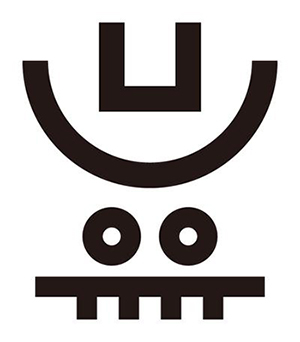
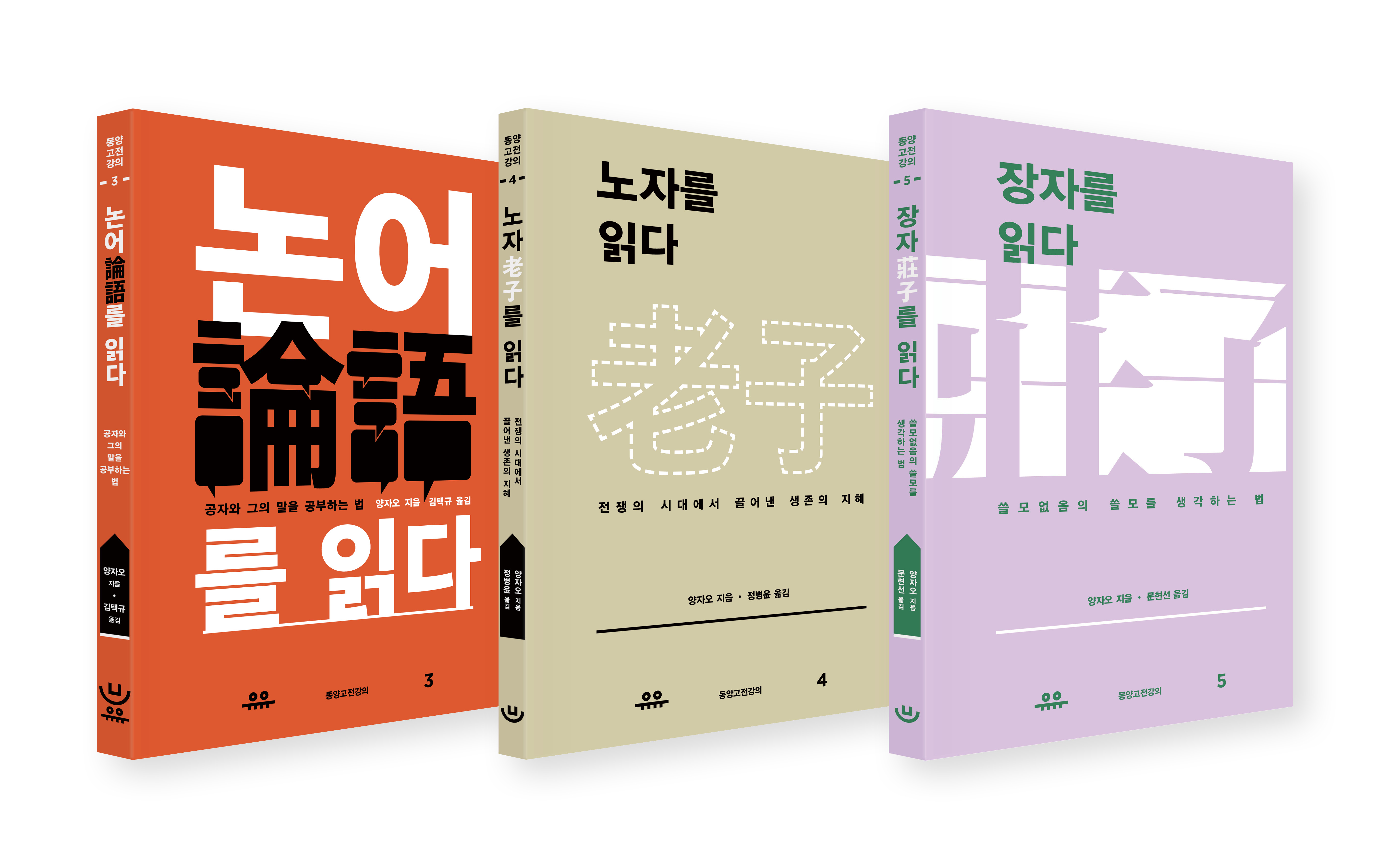
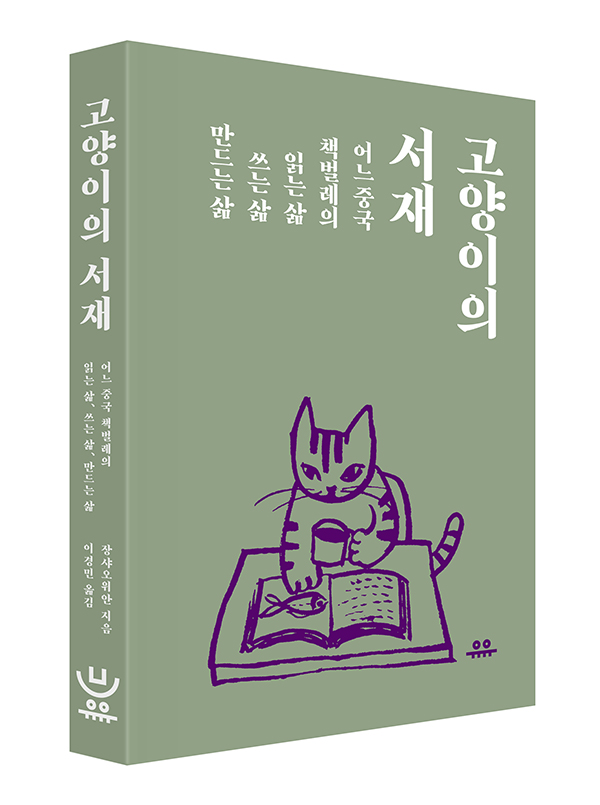
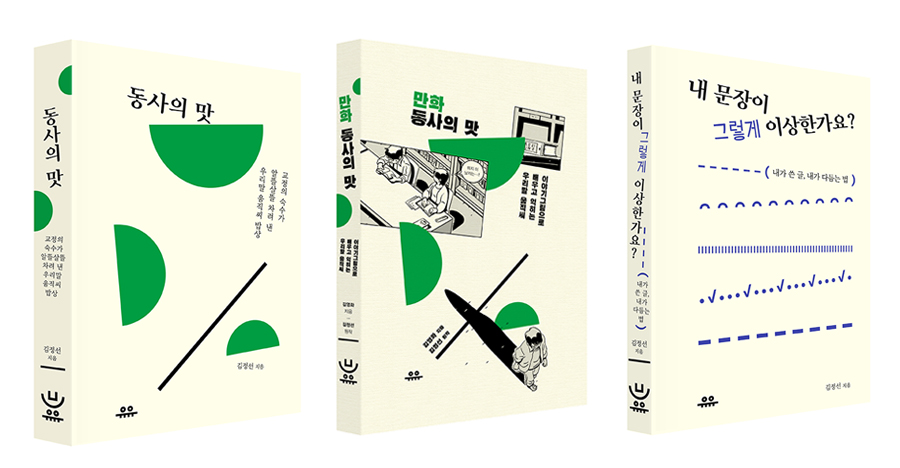
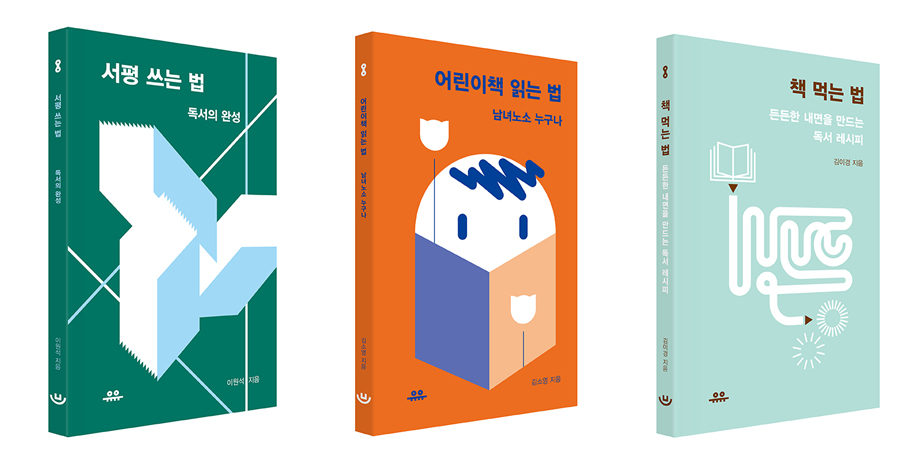
 UU Press website:
UU Press website: 




